A project has many stakeholders, and a project sponsor is one among all. The project sponsor is the key stakeholder, and a project manager must manage them closely and ensure they are satisfied throughout the project life cycle.
Today’s blog post will discuss the project sponsor and their roles and responsibilities.
Let’s get started.
What is a Project Sponsor?
A project sponsor is a key stakeholder who provides the budget, resources, and necessary support to execute and complete the project. The project sponsor can be a person or an entity. They are the ones who initiate the project and accept the project deliverables.
The project sponsor can be external to or within the organization itself; every project has at least one sponsor.
The project sponsor proposes business cases and signs the project charter. They are not involved with daily project activities but monitor the progress at the higher level.
Any changes in the project objectives or the project baselines require approval from the project sponsor. The project sponsor can change the scope of a project and has the authority to add or remove specific goals/aims.
Sometimes, the project sponsor is also known as the client.
The project sponsor can be internal or external to the performing organizations. If the organization gets the contract from a third party, the third party will be the project sponsor, and they will provide the project funding.
However, if the organization initiates the project to fulfill its business requirements, someone from the organization will be the project sponsor.
The Role of a Project Sponsor
The project sponsor has a high-level role in the project. They conduct the feasibility and cost-benefit analysis and initiate the project. Afterward, they monitor the project’s progress from the top and accept the project deliverables.
The key roles of the project sponsor are as follows:
#1. Conducting a Project Feasibility Study
The project sponsor will conduct the feasibility study. This study will use cost-benefit analysis and other factors to justify the project’s initiation. The project’s business case will form the output of this process.
If the project is beneficial and aligns with the organizational objectives, the project sponsor can decide to proceed and set the project goal here.
#2. Completing Project Governance
The project sponsor will sign the project charter, appoint the project manager, and give them the authority and resources to execute and complete the project. Throughout the project lifecycle, the project sponsor will monitor the project progress, and if there is any deviation, they can intervene to bring the project on track.
If there is any change required, they are the ones who will approve it.
#3. Validating Deliverables
After the project is completed, the project sponsor will accept the deliverables and ensure it is as planned. He will use the deliverable to get its benefit. If the sponsor needs support during this benefit realization period, they can contact the project manager to ensure the product meets its expectations.
#4. Ensuring the Flow of Information
Project sponsors are first to know if the project or product scope changes. External forces can sometimes cause changes, such as any new government regulation or change in market conditions. In such cases, project sponsors inform the project management team to accommodate the changes.
The project sponsor is responsible for passing information to the project manager.
With a steady flow of information, project managers can avoid issues by taking corrective and preventive actions.
Some other roles of project sponsors are as follows:
- Provides their expertise and knowledge to the project management team
- Provides recommendations for selling and marketing issues
- Decides key project milestones
- Helps make higher-level decisions
- Expedites communication and encourages collaboration among customers and stakeholders
- Serves as a spokesperson within the organization in front of senior management
- Participates in negotiating funds
The Responsibilities of a Project Sponsor
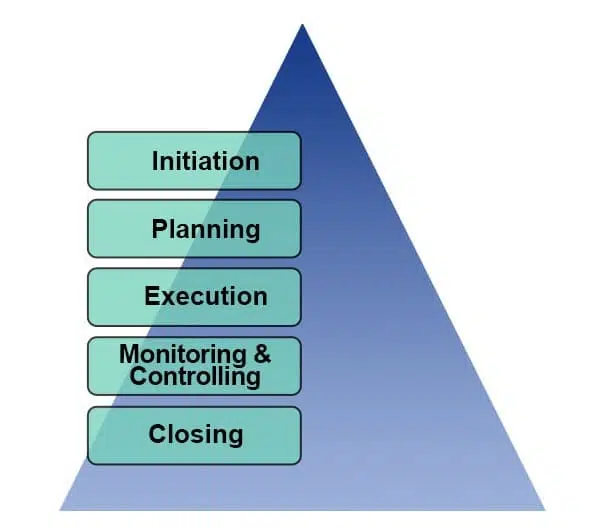
Their roles of project sponsors during all phases of a project are as follows:
The Project Sponsor’s Responsibilities During the Project’s Initiation Phase
In the initiation phase, the project sponsor signs the project charter, appoints the project manager, and gives him authority to complete the project. They will set the project goal and provide high-level project information to the project manager.
The Project Sponsor’s Responsibilities During the Project’s Planning Phase
During the planning phase, the project sponsor provides necessary inputs to the project manager to develop the project plans. Once the plans are developed, and baselines are created, the sponsor will review them and provide their approval to go ahead.
They will ensure the plans are achievable and realistic and review the key critical risks.
The Project Sponsor’s Responsibilities During the Project’s Execution Phase
In the execution phase, the project sponsor will have little or no role. The project manager will carry out the project plan and develop the deliverables. However, the project sponsor will actively participate in making crucial decisions during the project, including making any difficult decisions that are beyond the project manager’s authority.
The Project Sponsor’s Responsibilities During the Project’s Monitoring and Controlling Phase
Monitoring and controlling occur during the execution phase. Here, the project sponsor will review the project’s progress. If there is any deviation, they will help project managers take corrective and preventive actions to bring the project on track.
They will review the changes and approve or reject them as required. They resolve issues and conflicts that are above the authority and ability of the project manager.
The Project Sponsor’s Responsibilities During the Project’s Closing Phase
During the closing phase, the project sponsor will review the project deliverables with the project manager. If they meet the requirements and quality standards, they will accept the deliverable, and the project manager will close the project.
Project Sponsor Vs Project Manager
It is obvious how the project sponsor is different from the project manager. The project sponsor initiates the project, appoints the project manager, and provides resources and funding to complete the project. The project sponsor reviews the performance reports submitted by the project manager, provides guidance, and accepts the deliverables.
Project managers come next in the hierarchy of authority. They are involved with the day-to-day operations. They work with the project team members and are more involved than the project sponsors. They act and follow the plans approved by the project sponsor to achieve success. They have the authority to use the project funding and resources.
Project managers are involved with daily project operations.
Project Sponsor Vs Project Owner
The project owner role is mostly found in agile projects. The project owner has a business responsibility to implement the project successfully. They assist the project manager in providing leadership for and managing the team and project activities. They act as a “champion” for the project, along with the project sponsor, and actively get buy-in from stakeholders. They are the bridge between the project manager and the project sponsor.
Project Sponsor Vs Project Stakeholder
“Stakeholder” is a broad term for any person or entity affected by or interested in the project or its outcome. This can include the project sponsor, project manager, project team, management, government authorities, affected local communities, etc.
The Project Sponsor’s Skills
The project sponsor does not require any project management skills. They are only required to provide funding, support, and product requirements. The project manager is responsible for collecting requirements, refining them, developing the project plan, and building the product.
The sponsor has three key roles in project management: providing funding and requirements and accepting the deliverable.
Tips for Working with Project Sponsors
Working with a project sponsor can be tricky. A project manager must manage the project sponsor to complete the project successfully.
Below are a few tips for working with project sponsors:
- Understand the Project Sponsor’s Requirements: Misunderstanding the project sponsor’s requirements will lead to friction. If the project sponsor’s needs are unmet, then the project will fail. Therefore, project managers must understand the project sponsor’s requirements before starting the project.
- Be Organized and Consistent: Project managers must have an organized system within which to carry out assigned tasks. The project should be on schedule and within budget. This will ensure the project managers’ reliability and establish trust.
- Take Responsibility: Accepting mistakes will help build trust. Project managers must learn to accept feedback and corrections. Incorporating input and corrections will lead to success and establish trust.
- Stay in Communication: Communication is the key to success! Project managers must listen to the project sponsor’s advice and give feedback in return. Keep the project sponsor updated on the project’s status and progress. This will help the project sponsor stay on the same page and ensure their buy-in.
Conclusion
The project sponsor is a key stakeholder who has complete authority over the project: they sign the project charter, appoint the project manager, and ensure the availability of funding and resources. They broadly monitor the project’s progress and accept the project’s deliverables prior to completion.

I am Mohammad Fahad Usmani, B.E. PMP, PMI-RMP. I have been blogging on project management topics since 2011. To date, thousands of professionals have passed the PMP exam using my resources.

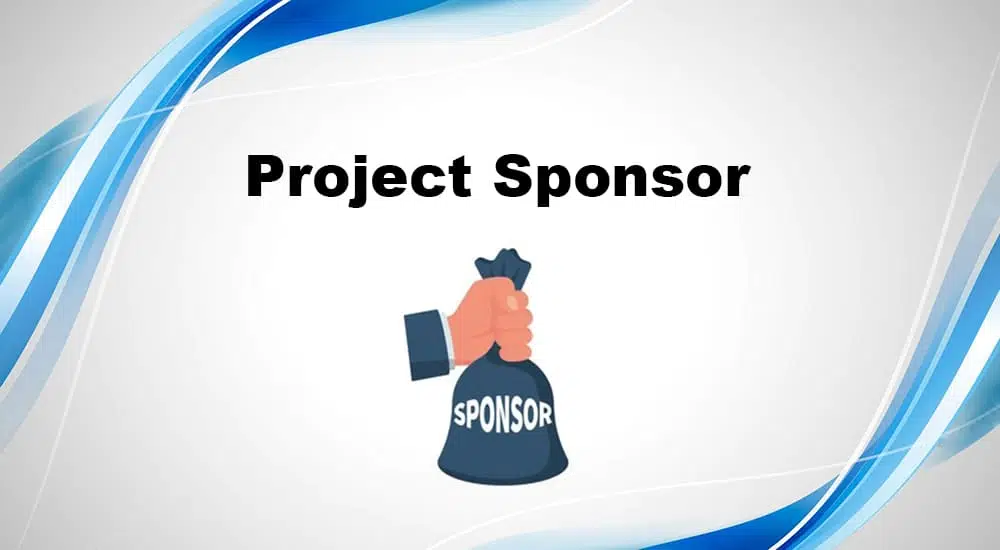


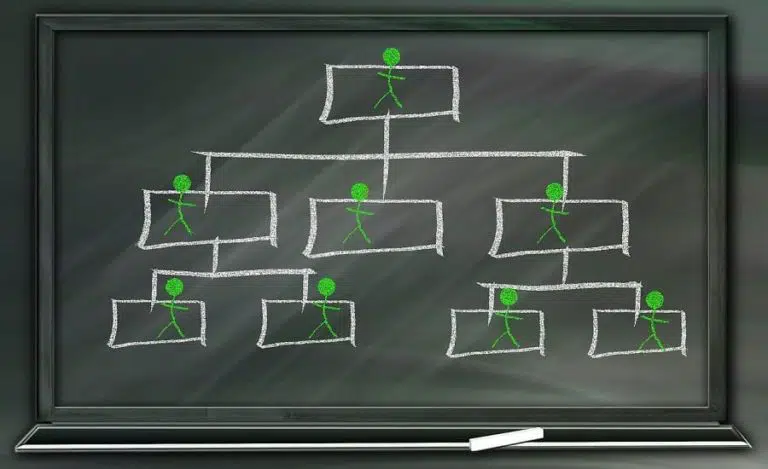
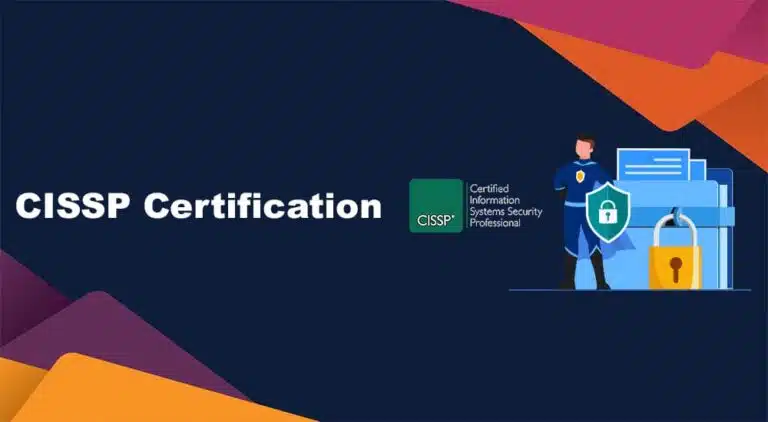
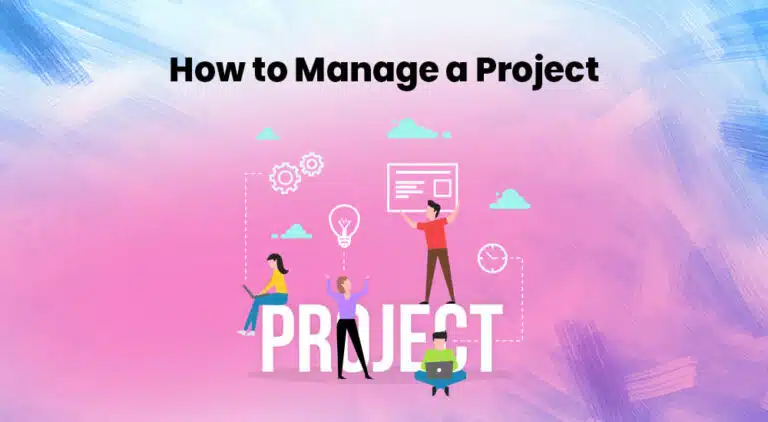
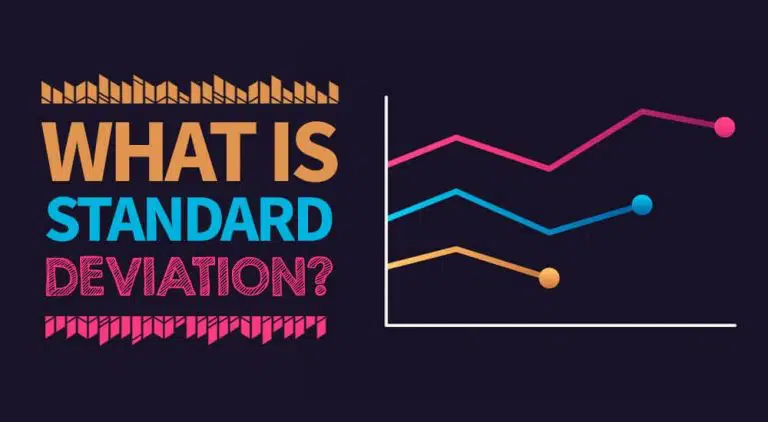
Wow!